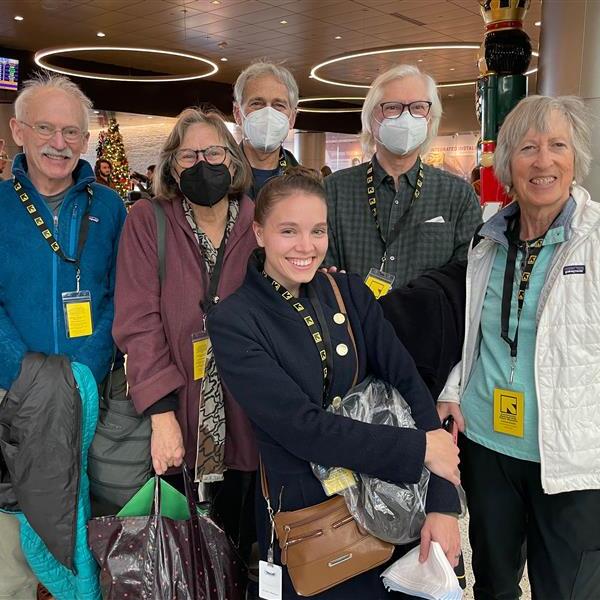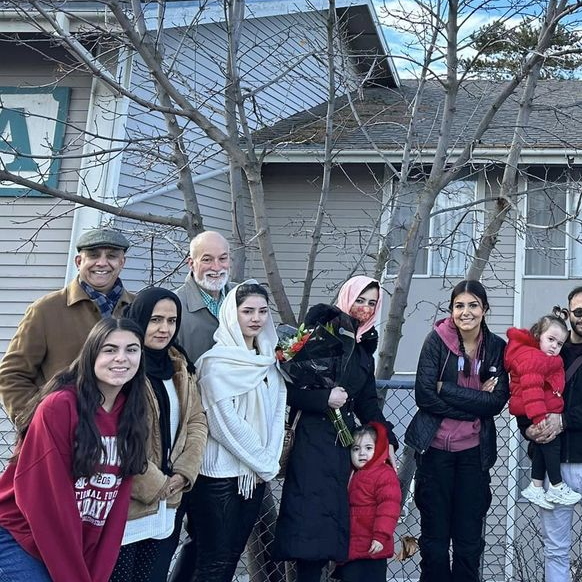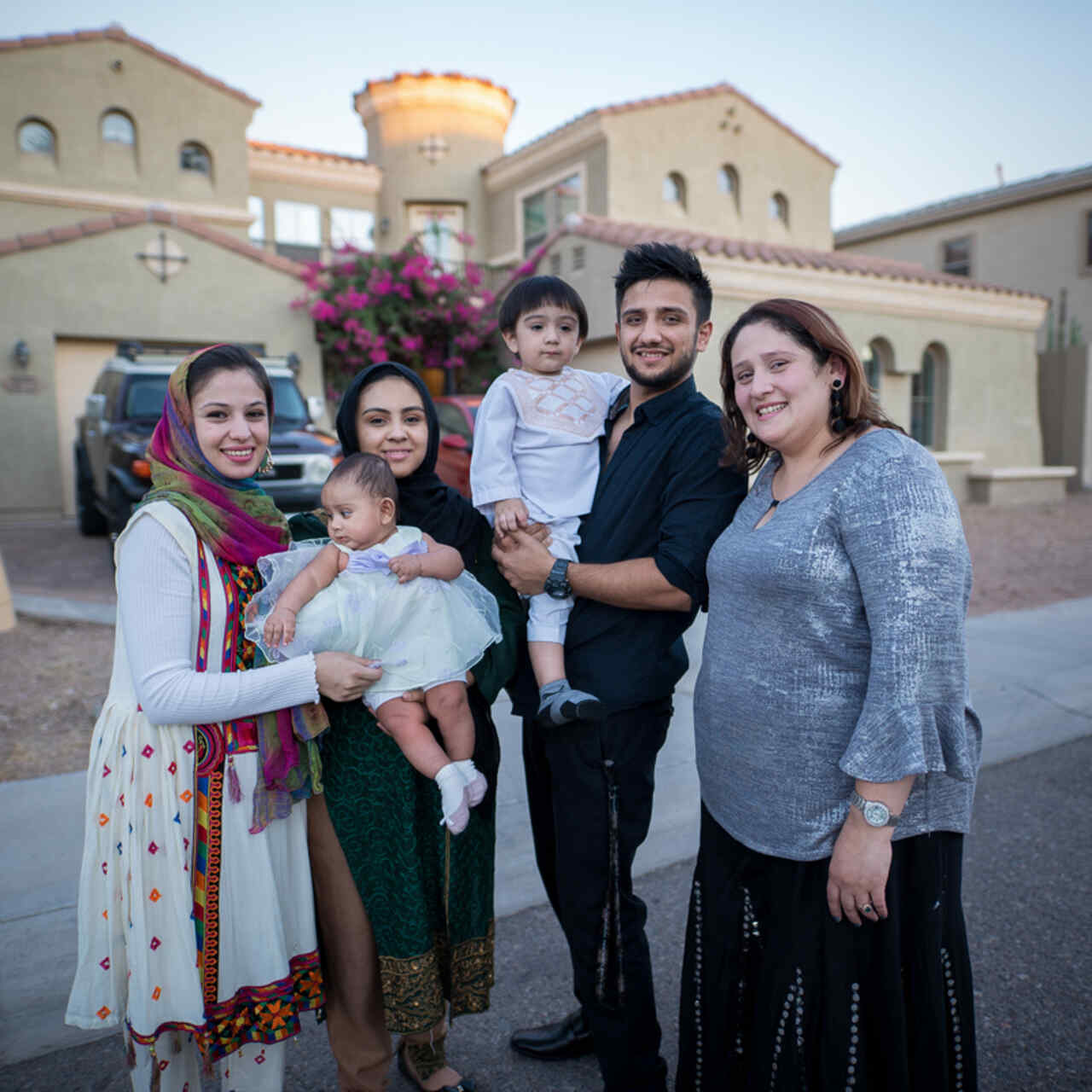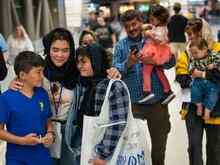Before the Refugee Act of 1980, refugee resettlement in the U.S. was largely conducted privately or through community groups. The act standardized the process and today most refugees in the U.S. are primarily welcomed through resettlement agencies, such as the International Rescue Committee.
There have always been American communities eager to welcome newcomers. However, beginning with the Syrian refugee crisis in 2015 and continuing today as people flee Afghanistan and Ukraine, more local community groups have been offering their help. The IRC and other resettlement agencies have responded to this enthusiasm by integrating community sponsorship at the local and national levels.

It’s incredible to see how much of a difference the TIME and CONCERN of community members makes in the resettlement journey of a refugee family. We know that caseworkers are amazing and would do all these “extra” things if they had bandwidth, but when you have 20 cases in your portfolio, there is no way to do anything beyond delivering core services. It has been a joy to see what can happen when folks get to know a family and focus on how to make their integration more comfortable, welcoming, and hopeful.Kristi HaycockCommunity Sponsorship Manager in SLC
What is community sponsorship?
Community Sponsorship is an umbrella term that describes different models of resettlement in which clients are paired with community groups who provide the following:
- In-Kind Contributions
- Financial Contributions
- Service delivery to support the welcome and integration of refugees in your community.
These groups can be formed from a range of formal and informal community groups such as local clubs, groups of friends or neighbors, and individuals interested in community sponsorship who are placed in a group by an affiliate.
What is family mentorship?
Family mentors offer friendly, supportive guidance to a refugee or their family as they adjust to life in the U.S.. As a mentor, you help refugees navigate everyday challenges—like using public transportation, understanding school systems, or finding community resources—while building a trusting relationship. You provide a positive presence, answer questions and offer encouragement as they work toward independence and feel more at home in their new environment.
Often, family mentors are part of a support team—a group of dedicated individuals working together to provide holistic support to a refugee family. This team shares responsibilities, offers emotional and practical assistance and ensures that no one person is carrying the load alone. Together, the support team helps the family feel welcomed, empowered and connected as they rebuild their lives.

Working with the university has been such a rewarding experience, not only for the clients, but also for our IRC Spokane staff! We’ve built great communication between us and their team, and our relationship with them has brought about additional opportunities and collaborations, including a developing partnership with the WSU School of Nursing, and joining with WSU and ECAR [Every Campus a Refuge] to encourage and demonstrate to other colleges and universities around the state how to make their campus a refuge.Kimberly CurryCommunity Sponsorship Coordinator in Spokane
Learn more
To learn more about co-sponsorship and other avenues of community sponsorship, we invite you to attend one of our online Community Sponsorship Information Sessions. You may also contact us at PCVolunteers@rescue.org for specific questions about community sponsorship at the IRC.


